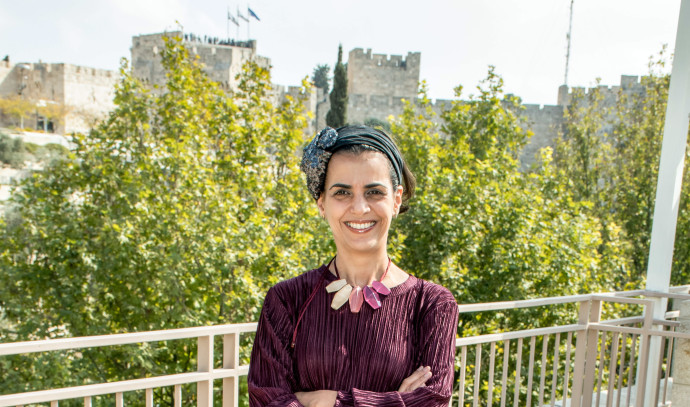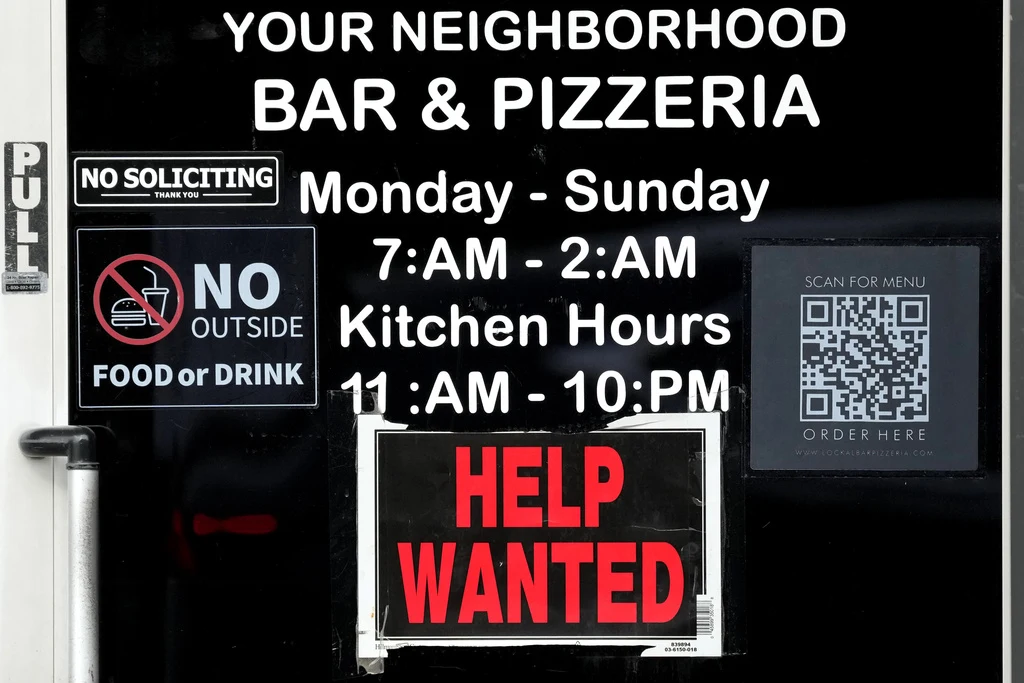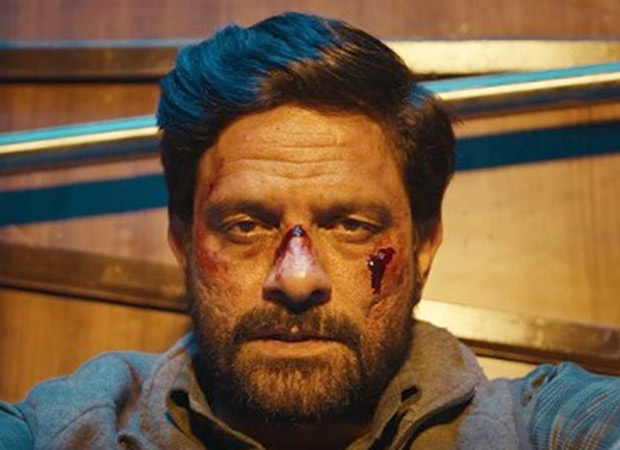In her early 40s, Anat Mufkadi has a full plate: married to a rabbi who is also a tour guide, with four children and a master’s degree in political science from Tel Aviv University, she is CEO of ANU. ANU, an apolitical nonprofit established in 2013, promotes a more inclusive and equitable society; identifying key social, political and economic issues; raising public awareness; and advocating for change.
In Jerusalem caught up with her this week to pose a few questions.
When did you begin to realize that you wanted to improve the world around you?
When I was in the 10th grade in my hometown of Bnei Brak I decided to open a new branch of my youth movement, Bnei Akiva, in a nearby underprivileged neighborhood – where, until then, nobody cared to offer such a framework. That was when I began to be involved, to change things.
How did you develop your outlook?
It took time. I joined up with Rabbi Michael Melchior and for more than seven years worked with him in the Knesset as an adviser in the committees on which he served. I was involved in social engagement, so I created – with partners – the movement Melchior inspired and later managed it. I became the CEO of the Meimad Party while I was still living in the Center, but became a Jerusalemite when I got married and am still here.
That’s true, but to this day, the idea of Israel as a Jewish and democratic state is the core of what I believe in. For me, there’s nothing more crucial. I am talking about a social and a Jewish approach, about democracy as a public discourse. The issues of state and religion are still the most important issues at stake here.
Is Jerusalem the most appropriate place to promote these issues?
Of course this is the right place. The diversity of the population here makes this city the DNA of the country, the ultimate lab of our society. This is where things happen and will happen. Moreover, because Jerusalem is also a city of government, it produces something you don’t encounter elsewhere.
Take for example the unbelievable number of NGOs here, the civil society that developed here. This has created an ecosystem specific to this city. We have to learn how to handle it properly so that it gives us the best results.
Many things that start here will ultimately reach the rest of the country. My friends in Tel Aviv say that I live in a bubble, but the fact is that so many processes that start here also reach out.
After your work in the Knesset, you began to focus on local Jerusalem issues?
Yes. I was among the founders of the Jerusalem Movement and later served as its CEO, but after a while I moved on to work at the Joint (American Jewish Joint Distribution Committee), where I developed projects to improve and promote the accessibility of haredi and Arab citizens to the employment market, something that was nonexistent then. These were the days after the 2011 social protest movement, when efforts were made to improve the civil conditions, which later materialized in the Israel 2030 state project, envisioning where we should be and what has to be done to get there.
Can you see these processes in the religious field as well?
I believe there is a specific Jerusalem identity, one that leads to several tones of dialogues or reference. As a national-religious woman, when I am in Tel Aviv, I address the seculars. Here, my differentiation is toward the haredim; it is totally different. One finds in Jerusalem a variety of religious identities that you will not find in Tel Aviv, this is also one of this city’s unique aspects – something that enriches us that is found only here.
At some point you understand that the municipalities are a central tool to promote and improve the lives of the citizens.
Yes. I believe things must be connected with impact from above and a push from the bottom, to reach the point where the leadership learns and knows how to converse with the public. That’s where democracy really exists, not in going to cast your national ballot once in three years (or three months). On the local turf, in the city, this is the right place where citizens have the power to change and improve things. This is the point where we understand it is our responsibility to hold a dialogue with our leadership.
And in Jerusalem you find this in the local councils, which are a Jerusalem invention?
Yes. The idea is to create an involved dialogue between the residents and leadership, one that will foster partnership and responsibility. Over the years, we have seen a deterioration of the independence of these local councils, but I still believe this is where things can and should be tackled for improvement. This is the place where transparency and involvement can promote activism – women’s activism for example.
What bothers you in that context?
The fact that so few people are aware of these elections and therefore are not aware of their seriousness is a problem. Nevertheless, these local councils are, in my opinion, the most fertile ground on which to nurture an active and involved civil society.
The elections for eight local councils, delayed due to coronavirus from November 17 to December 22, will enable residents to take action and participate in shaping their lives. As for Greater Baka – including not just Baka but Abu Tor, Mekor Haim, Talpiot and Arnona – with about 25,000 residents, it has no less than 32 candidates. For each of these sub-neighborhoods, one candidate will be elected, taking spots on the council board with municipal delegates.
On December 22, residents are invited to cast their ballots at their neighborhood’s local community center. Be sure to bring ID with address.







